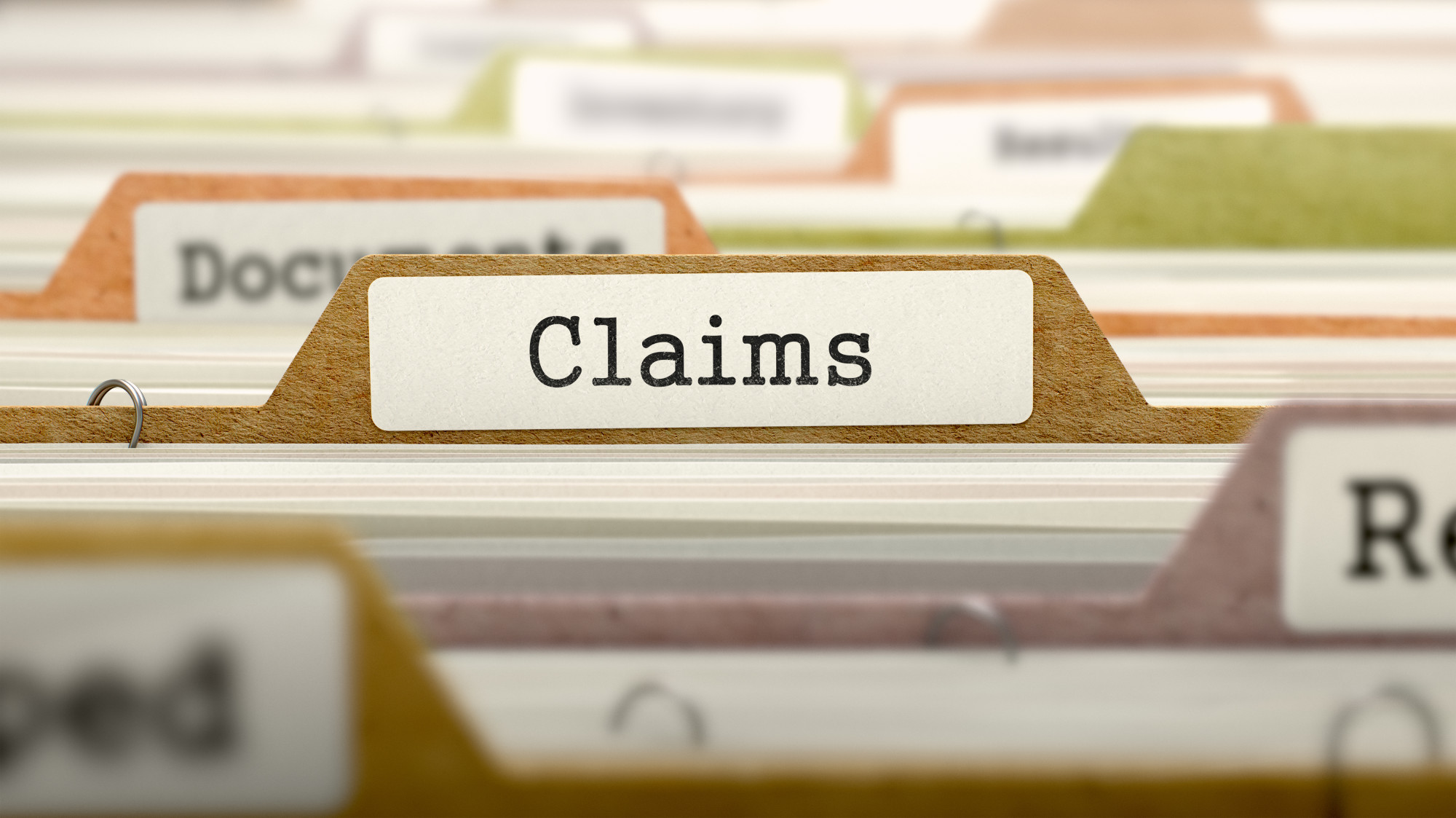The pharmaceutical and biotechnology markets are prioritising the defence of their copyright and innovative biological drugs as the push for less expensive, common variations gets stronger. Patent reconstruct likewise will continue to be a lobbying priority, along with making sure intellectual property is shielded in any upcoming worldwide trade deals. The rapidly rising need for such devotion of resources to intellectual property protection can be seen in https://www.amber-pharmacy.com/consent-judgement–suit-hc-s-164-2018–protecting-amber-s-unique-formulas.html where violation by UrbanRX Compounding of the intellectual property led to a court case.
Types of Intellectual Property
Patent
Patents are much less typical than trademarks and copyright. Patents manage creations, designs and procedures (such as a new software design or a brand-new process for producing a water-proof textile). These type of developments, designs or processes might be secured by registering a patent.
If someone creates a new development and wishes to see to it that no one copies it, after that they will register a patent.
Copyright
Copyright law supplies defence to coordinate with a ‘imaginative’ component, such as literary, significant, musical and imaginative works. In order for copyright to subsist in work, the job needs to be made by a local or citizen of Australia, should be made or initial published in Australia, or must have a specified connection with a country which belongs to a pertinent global copyright pact.
Significantly, there is no body of registration for intellectual property – so it is not needed to go through any kind of registration procedure so as to get lawful defence for relevant work.
Protecting your Intellectual Property
A defence plan might consist of specifically identifying a private in charge of trade secret security and monitoring; minimizing accessibility to classified information and confidential information when an employee leaves; and establishing an action strategy to utilize if a misappropriation is discovered.
Having a plan in place, and informing staff members of business proprietary knowledge security and effects related to violating company legal rights, can have a discouraging impact.
Call the infringer
In most cases, people do not actually plan to commit an IP infringement. They could not have realised that they were infringing on your copyright, or they could have just been careless.
Frequently, just connecting to them to notify them that you have the IP and that they will need to stop violating it, can be enough to reach a friendly conclusion.
Send out a cease and desist note
If you have tried informally connecting to the infringer but have not obtained a satisfying reaction, then you might consider sending out a cease and desist letter.
Additionally, some IP owners choose not to informally connect to the infringer, and to leap right to this action instead.
If your copyright has been infringed, you may send out a Copyright Infringement Cease and Desist Notice. If your trademark has been violated, you might send a Trademark Violation Cease and Desist Notification.
If one more item of your IP has been infringed, after that you might send a Standard Cease and Desist Notice.





